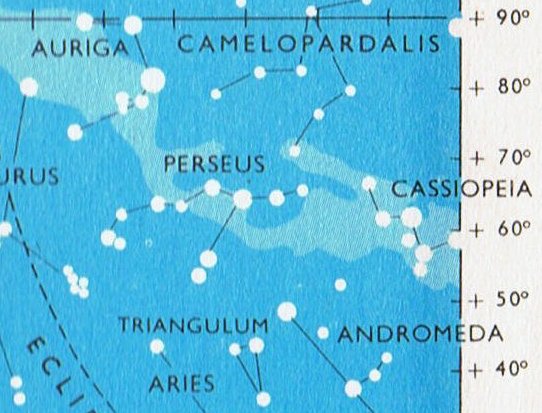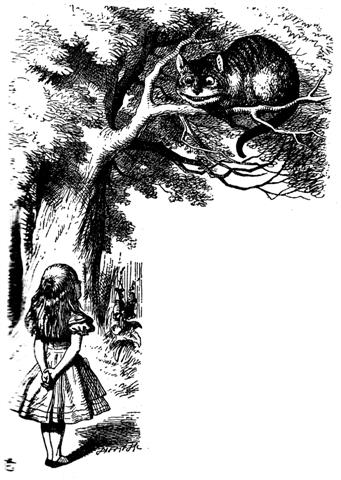Bb11.6 And the glyph type following heuheu pointing upwards is hipu:
Hipu. Calabash, shell, cup, jug, goblet, pot, plate, vase, bowl, any such receptacle; hipu hiva, melon, bottle; hipu takatore, vessel; hipu unuvai, drinking glass. P Mgv.: ipu, calabash, gourd for carrying liquids. Mq.: ipu, all sorts of small vases, shell, bowl, receptacle, coconut shell. Ta.: ipu, calabash, cup, receptacle. Churchill.
... Then the big Fish did swallow him, and he had done acts worthy of blame. Had it not been that he (repented and) glorified Allah, He would certainly have remained inside the Fish till the Day of Resurrection. - Qur'an, chapter 37 (As-Saaffat), verse 139–144.
But We cast him forth on the naked shore in a state of sickness, And We caused to grow, over him, a spreading plant of the gourd kind.
And We sent him (on a mission) to a hundred thousand (men) or more. And they believed; so We permitted them to enjoy (their life) for a while. - Qur'an, chapter 37 (As-Saaffat), verse 145–148 ... ... This Hercules is male leader of all orgiastic rites and has twelve archer companions, including his spear-armed twin, who is his tanist or deputy. He performs an annual green-wood marriage with a queen of the woods, a sort of Maid Marian. He is a mighty hunter and makes rain, when it is needed, by rattling an oak-club thunderously in a hollow oak and stirring a pool with an oak branch - alternatively, by rattling pebbles inside a sacred colocinth-gourd or, later, by rolling black meteoric stones inside a wooden chest - and so attracting thunderstorms by sympathetic magic ... ... Teke said to Oti, 'Take [ka mau] all the big calabashes with the birds [te kahu manu] on board the canoe!' [E:72] ... The state of the tree loomed large in their thoughts, because it came about at the same time the head of One Hunaphu was put in the fork. The Xibalbans said among themselves: 'No one is to pick the fruit, nor is anyone to go beneath the tree', they said. They restricted themselves, all of Xibalba held back. It isn't clear which is the head of One Hunaphu; now it's exactly the same as the fruit of the tree. Calabash came to be its name, and much was said about it. A maiden heard about it, and here we shall tell of her arrival. And here is the account of a maiden, the daughter of a lord named Blood Gatherer. And this is when a maiden heard of it, the daughter of a lord. Blood Gatherer is the name of her father, and Blood Moon is the name of the maiden ...
... And then she looked in her hand, she inspected it right away, but the bone's saliva wasn't in her hand. It is just a sign I have given you, my saliva, my spittle. This, my head, has nothing on it - just bone, nothing of meat. It's just the same with the head of a great lord: it's just the flesh that makes his face look good. And when he dies, people get frightened by his bones. After that, his son is like his saliva, his spittle, in his being, whether it be the son of a lord or the son of a craftsman, an orator. The father does not disappear, but goes on being fulfilled. Neither dimmed nor destroyed is the face of a lord, a warrior, craftsman, an orator. Rather, he will leave his daughters and sons. So it is that I have done likewise through you. Now go up there on the face of the earth; you will not die. Keep the word. So be it, said the head of One and Seven Hunaphu - they were of one mind when they did it ...
|
||||||||||||||||||||||||||||||||||||||||||||||||||||||||||||||||||||||||||||||||||||||||||||||||










